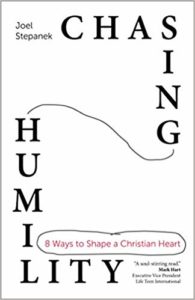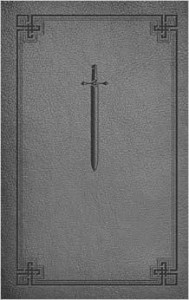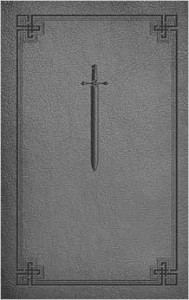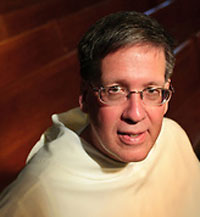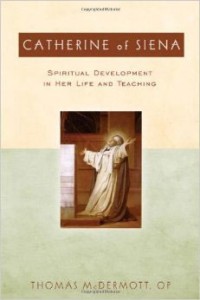Podcast: Play in new window | Download (Duration: 36:25 — 25.1MB) | Embed
Subscribe: Apple Podcasts | Spotify | Amazon Music | Android | Pandora | iHeartRadio | JioSaavn | Podchaser | Gaana | Podcast Index | Email | TuneIn | Deezer | Anghami | RSS | More
Wilderness Within by Sr. Josephine Garrett on Inside the Pages with Kris McGregor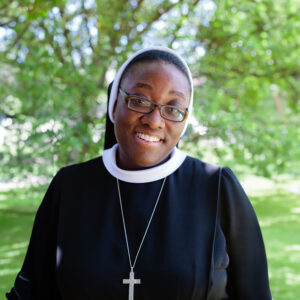
Sister Josephine Garrett and Kris McGregor discuss Wilderness Within, a Lenten journal designed to guide individuals in deepening their spiritual journey. Sister Josephine explains that the book is not for the faint of heart but for those willing to reflect on their implicit beliefs about God, faith, and themselves. The book explores the theme of the “wilderness within,” likening it to the Desert Fathers’ realization that the greatest spiritual battle is fought in the human heart and the importance of rendering one’s heart open to Christ, engaging in interior reflection, and embracing the challenges of Lent not as failures but as necessary struggles on the path to spiritual growth.
The need for authentic hope amid personal and societal struggles is important during the Jubilee of Hope. Fasting, penance, and detachment each share a role in gaining clarity and deepening union with God rather than simply self-denial. She encourages listeners to avoid rushing through Lent, instead embracing the rhythm of the liturgical season as a model for ongoing spiritual discipline.
Discerning Hearts Reflection Questions:
- How does the concept of the “wilderness within” resonate with your own spiritual struggles and growth?
- In what ways do you see God’s love sustaining you, even in times of doubt or hardship?
- What are the “stories” you tell yourself about your relationship with God, and how do they shape your faith?
- How can you practice rendering your heart more fully open to God during Lent?
- What attachments or distractions in your life may be keeping you from fully trusting in God’s plan?
- How do you respond to suffering and the cross in your own life—do you resist it or see it as a path to deeper union with Christ?
- How can fasting, prayer, and almsgiving help you detach from worldly concerns and focus more on God?
- In what ways does the Jubilee of Hope challenge you to rediscover hope in your personal faith journey?
- How does reflecting on Christ’s suffering during Holy Week draw you closer to His heart?
- What steps can you take after Lent to ensure that your spiritual growth continues beyond the season?
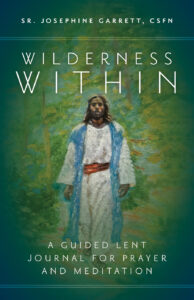 From the book’s description:
From the book’s description:
This Lent, allow Sr. Josephine Garrett to be your guide as you explore the interior wilderness of your heart and invite Jesus in to heal you with his love.
Have you ever wondered why Jesus went into the wilderness? Some believe it was to reveal his divinity or to restore humanity’s relationship with God. In Wilderness Within, Sr. Josephine Garrett, a mental health counselor and popular speaker, reflects on the belief that Jesus went into the wilderness to rescue us—to rescue us! The Lord does not want us to view the wilderness as something that causes worry, anxiety, or fear. “What if, instead,” Sr. Josephine writes, “we looked at how God has been a faithful provider in the wilderness and trusted that He will do the same for us in the wilderness journey ahead? What if we joyfully take His hand and journey into the wilderness, because when Christ enters there, ‘this opposite place of the garden becomes the place of reconciliation and healing’” (Pope Benedict XVI, Jesus of Nazareth)?
In Wilderness Within, Sr. Josephine will guide you through the forty days of Lent to attend to the wilderness of your heart as a place to be explored, restored, and sent on mission by Jesus’s tender love.
- Week of Ash Wednesday: Enter Lent by recognizing your ability to always begin anew in Christ.
- Week One: Open your heart to God’s love, allowing yourself to reverence your heart as a gift from your Creator.
- Week Two: Reflect on the truth that we are created for relationships, and examine the relationships in your life.
- Week Three: Take an honest look at your limitations, wounds, and sin guided by a spirit of humility and repentance.
- Week Four: Begin to see how God designed your heart to be rescued by him and grow in your capacity to be healed by him.
- Week Five: Leave the wilderness of your heart so that you can go on mission—with a heart restored by Christ’s love—to love your neighbor and be a good steward of the gifts and charisms given to you.
- Holy Week: Follow in Jesus’s footsteps to the Cross and discover how you can love him well through each stage of the Passion and Resurrection.
Each day’s content includes brief meditations, specially crafted illustrations, thought-provoking reflection questions, heartfelt prayers curated to uplift your spirit, and ample journaling space for personal revelations and insights. Whether you’re journeying alone or with a group, Wilderness Within is your guide to a beautiful and renewing Lent.
About the Author
Sr. Josephine Garrett, CSFN, is a sister of the Holy Family of Nazareth, a licensed counselor, host of the Hope Stories podcast, and a Catholic speaker and author.
Garrett earned a bachelor’s degree in political philosophy from the University of Dallas. Prior to entering religious life, she worked as vice president in the home loans division of Bank of America. In 2019, she earned a master’s degree in clinical mental health counseling from the Chicago School of Professional Psychology and became a nationally certified counselor licensed in Texas.
She worked as a school counselor in Tyler, Texas, and is presently serving as a counselor in private practice. Garret is a voice for mental health on various platforms such as Formed and Hallow.
She resides in Tyler, Texas.

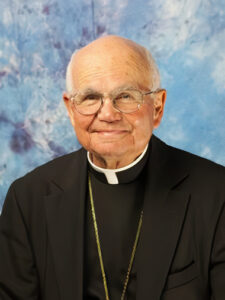
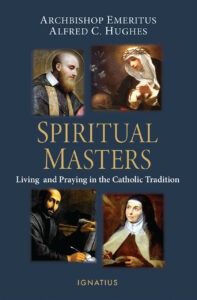
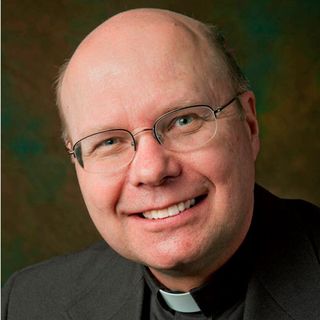
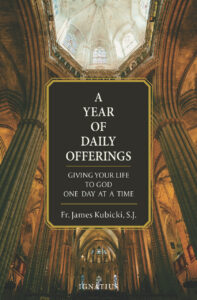 From the book’s description:
From the book’s description:
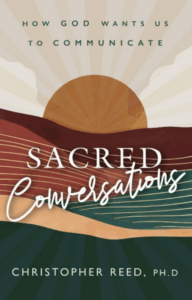 From the book’s description:
From the book’s description: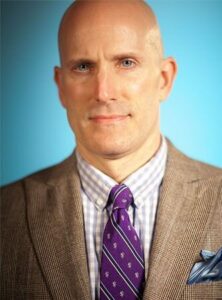
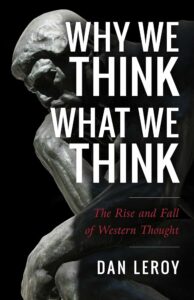
 I cannot recommend this book and the work of Joel Stepanek more highly! Based on the great Litany of Humility, “Chasing Humility: 8 Ways to Shape a Christian Heart” is a game-changer in the formation of the Christian heart. It’s no wonder St. Teresa of Calcutta had her Missionaries of Charity pray this prayer every morning (and they still do)! It’s a challenging prayer when you first contemplate exactly what it is you are asking of the Lord. But if you trust in the fruits which it brings into your life, your spiritual journey will never be the same. Run, don’t walk, to get this book! A modern-day spiritual classic!
I cannot recommend this book and the work of Joel Stepanek more highly! Based on the great Litany of Humility, “Chasing Humility: 8 Ways to Shape a Christian Heart” is a game-changer in the formation of the Christian heart. It’s no wonder St. Teresa of Calcutta had her Missionaries of Charity pray this prayer every morning (and they still do)! It’s a challenging prayer when you first contemplate exactly what it is you are asking of the Lord. But if you trust in the fruits which it brings into your life, your spiritual journey will never be the same. Run, don’t walk, to get this book! A modern-day spiritual classic!